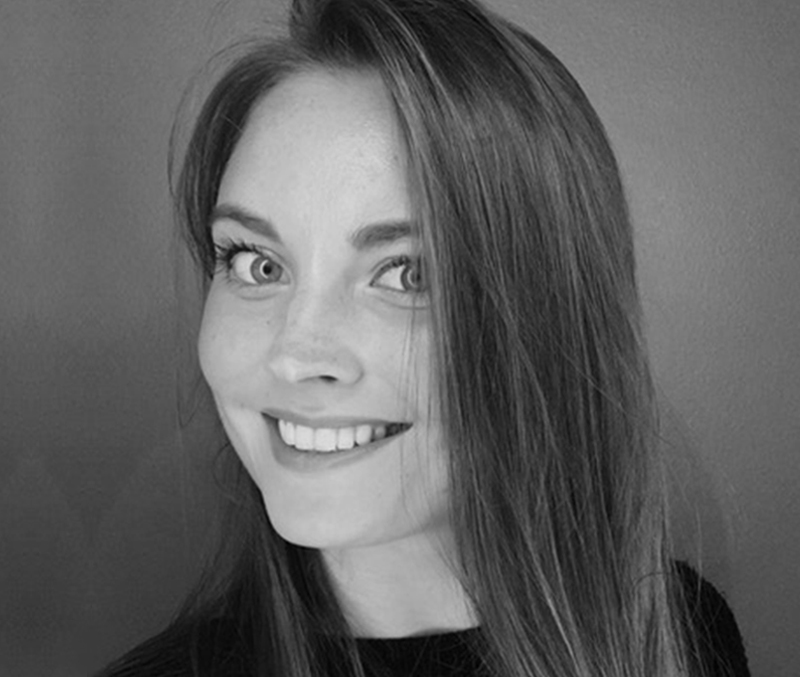“I’ll try anything to sleep better”
I’ve lost track of how many times I’ve heard that, from friends, clients, even strangers on overnight flights when we bond over our shared struggle to get any rest in a cramped cabin.
It’s always said with a mix of hope and exhaustion, because when sleep slips away, the debt it creates is hard to repay. That’s when the lure of the latest miracle pill, tea or elixir feels almost impossible to resist.
But the truth is that not all sleep remedies are created equal. Some have solid science behind them, some are harmless placebos and others can backfire if used the wrong way. So, let’s break it down: the good, the bad, the ugly, and the overrated.
The good: remedies backed by science
Magnesium
Magnesium is often called nature’s relaxant and with good reason. It plays a role in calming the nervous system, regulating melatonin and supporting muscle relaxation.
While not everyone is deficient, supplementation has shown promise in improving sleep quality and the recommended sleep duration (7-9 hours) in longitudinal studies1.
Chamomile
Chamomile tea might sound like an old wives’ tale, but it’s got decent evidence behind it.
Chamomile’s active compound, apigenin, is an antioxidant that binds to brain receptors that reduce anxiety and promote sleepiness2. It’s not a knockout potion, but it can gently nudge your body towards rest.
Tart cherry juice
Yes, the hype around tart cherry juice does have substance. It’s naturally rich in melatonin and antioxidants, and several small studies show it can modestly improve sleep duration and quality3.
The catch is you need a decent amount, and it may not be practical (or cheap) for everyday use.
Saffron
This one’s interesting. Recent research suggests saffron and its extracts may improve mood (specifically anxiety) and sleep quality by supporting serotonin regulation.
Results are early but encouraging and it’s gaining attention in clinical studies4.
The bad (or at least, disappointing)
CBD
CBD has been marketed as the answer to every modern health woe, including insomnia. But the evidence is patchy.
Some people swear by it, especially for reducing anxiety, but large, high-quality trials don’t show consistent improvements in sleep5. For now, it seems to help a minority, not the majority. It’s often sold at doses too low to have a meaningful effect, especially in gummies.
Butterfly pea flower
It makes a pretty blue tea for Instagram, but when it comes to sleep, the science is almost non-existent. Enjoy it for the aesthetics, but don’t expect miracles at bedtime.
The ugly
Melatonin
This one’s tricky. Melatonin is a hormone your body naturally produces to signal night-time. Supplementing it can be helpful, but mainly in very specific cases, like jet lag, shift work or delayed sleep phase disorder (although more evidence is needed to confirm these therapeutic benefits).
Using it nightly for general insomnia is not supported by the evidence and it may even disrupt your body’s own rhythms over time. Think of it as a short-term tool not a long-term fix6.
The overrated (or overcomplicated)
Fancy blends and night time elixirs
On paper, nighttime blends and elixirs look impressive but the truth is you don’t need a pricey formula to get benefits.
You can find magnesium in leafy greens and legumes and tart cherry juice in the supermarket. Saffron extract has promise, yes, but stacking multiple trendy ingredients one after the other doesn’t guarantee a better night’s sleep.
Sometimes, the simpler (and cheaper) strategies work just as well, if not better.
The better basics
Before raiding the supplement aisle, it’s worth asking: are you doing the simple things?
- A warm bath or shower before bed7
- A consistent bedtime routine8
- Dimming the lights and reading instead of scrolling8
These habits may not be glamorous, but they’re consistently proven to improve sleep. And unlike many supplements, they’re free.
When it comes to sleep, there are no magic bullets.
Supplements like magnesium, chamomile, saffron or tart cherry juice have evidence that they can be genuinely helpful, but they work best as support, not as substitutes for the basics.
Others, like melatonin, have their place but should be used with care. And some, like butterfly pea flower, are more about the ritual than the science.
The real win is building a bedtime routine that helps you unwind, lowers stress and signals to your body that it’s safe to rest.
Because in the end, sleep doesn’t come from a capsule, it comes from creating the conditions where your body can do what it’s been designed to do all along: rest, recover and dream.
References:
- Zhang Y, Chen C, Lu L, Knutson KL, Carnethon MR, Fly AD, Luo J, Haas DM, Shikany JM, Kahe K. Association of magnesium intake with sleep duration and sleep quality: findings from the CARDIA study. Sleep. 2022 Apr 11;45(4).
- Mohammadkhanizadeh, A., Sheibani, M., Taherkhani, S., Nourabadi, D., Mohamadi-Zarch, S. M., Nikbakht, F., & Azizi, Y. (2025). Protective effects of apigenin in neurodegeneration: An update on the potential mechanisms. Brain Disorders, 17, 100189.
- Barforoush F, Ebrahimi S, Abdar MK, Khademi S, Morshedzadeh N. The Effect of Tart Cherry on Sleep Quality and Sleep Disorders: A Systematic Review. Food Sci Nutr. 2025 Sep 16;13(9).
- Sadat Rafiei SK, Abolghasemi S, Frashidi M, Ebrahimi S, Gharei F, Razmkhah Z, Tavousi N, Mahmoudvand B, Faani M, Karimi N, Abdi A, Soleimanzadeh M, Ahmadpour Youshanlui M, Sadatmadani SF, Alikhani R, Pishkari Y, Deravi N. Saffron and Sleep Quality: A Systematic Review of Randomized Controlled Trials. Nutr Metab Insights. 2023; 18;16.
- Kolla BP, Hayes L, Cox C, Eatwell L, Deyo-Svendsen M, Mansukhani MP. The Effects of Cannabinoids on Sleep. J Prim Care Community Health. 2022; 13:21501319221081277.
- Givler D, Givler A, Luther PM, Wenger DM, Ahmadzadeh S, Shekoohi S, Edinoff AN, Dorius BK, Jean Baptiste C, Cornett EM, Kaye AM, Kaye AD. Chronic Administration of Melatonin: Physiological and Clinical Considerations. Neurol Int. 2023; 15;15(1):518-533.
- Haghayegh S, Khoshnevis S, Smolensky MH, Diller KR, Castriotta RJ. Before-bedtime passive body heating by warm shower or bath to improve sleep: A systematic review and meta-analysis. Sleep Med Rev. 2019; 46:124-135.
- Meneo D, Curati S, Russo PM, Martoni M, Gelfo F, Baglioni C. A Comprehensive Assessment of Bedtime Routines and Strategies to Aid Sleep Onset in College Students: A Web-Based Survey. Clocks Sleep. 2024; 29;6(3):468-487.


